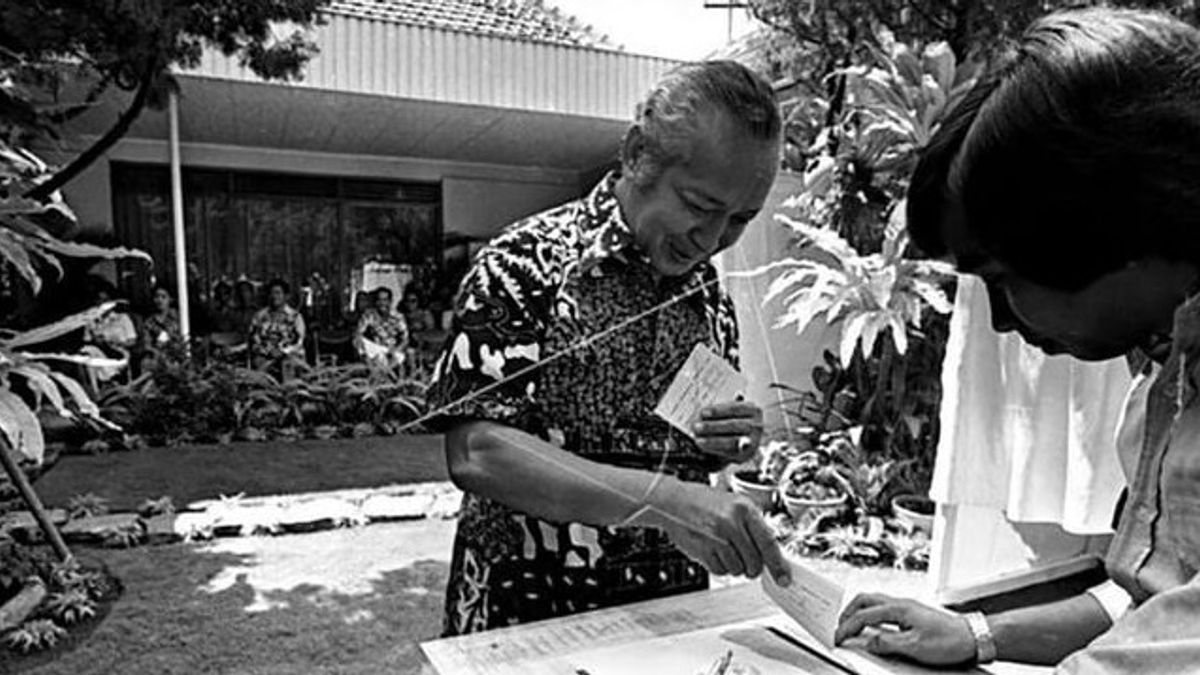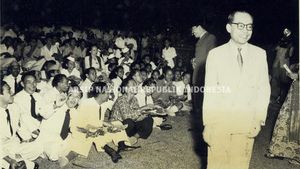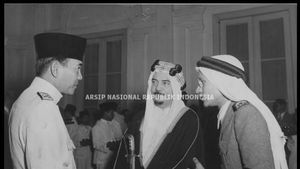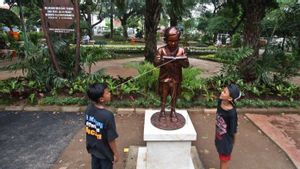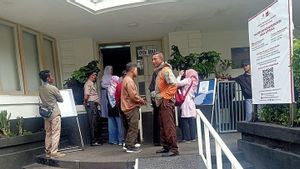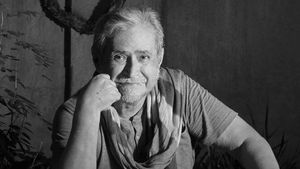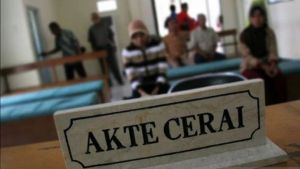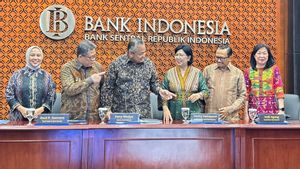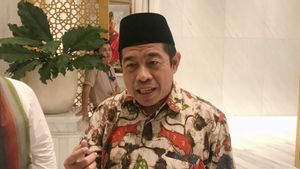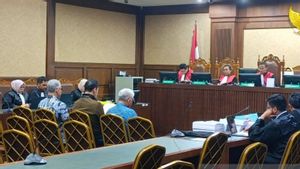JAKARTA History today, 53 years ago, April 27, 1970, President Soeharto's efforts to criticize a series of political parties (Parpol) have received broad support. He said most political parties did not really support national development.
Alias parpol only deals with personal interests. Support also flows. Support from Mochtar Lubis, one of them. Mochtar, who is a journalist who often contradicts the New Order (Orba), actually mentions Suharto's criticism as accurate and precise.
Suharto and New Order once brought fresh air to Indonesia. Suharto's actions were able to save Indonesia from the recession of the Old Order heritage. Instead of just saving, Suharto was able to increase Indonesia's economic growth.
Changing political qibla is one of his studies. Indonesia, which during the Old Order led to the Soviet Union, changed towards the United States. Economic growth followed. Moreover, coupled with the New Order's recitation to widen the investment space.
Anyone who wants to invest in Indonesia is like a red carpet. Suharto and New Order guarantee the security of the investment process. Even though some cases of the government must sacrifice the interests of the people for the sake of state income.
This strategy brings success. Indonesia's economic growth is increasing. The owner of power is also able to build anything for the lives of many people. Mainly, in supporting community economic equality. From the presence of buildings to bridges. As a result, Suharto was also nicknamed the father of development.
The long-term development conjecture I and Il is an implementation of the mandate of the Large Line of State Policy (GBHN). It is applied with the Trilogy of Development and Eight Equitable Paths. This is truly extraordinary.
Pak Harto's leadership is also recognized abroad and is a pioneer in ASEAN countries. The success of development is shown by the success in the food sector, improving the quality of human resources in terms of education, improving health, and the success of infrastructure development. There is still a lot of evidence of Pak Harto's leadership success," said Soetoyo NK in the book Pak Harto: The Untold Stories (2011).
Suharto considers that national development should be supported by many parties. However, the support awaited from the participation of political parties has not been seen. Most political parties are considered not really supporting development.
This fact was revealed by Suharto, one of which was seen from the participation of party cadres who became ministers. Everything is actually busy with their own affairs. Suharto conveyed the narrative on several occasions.
Suharto's criticism also received broad support from all Indonesian people. Mochtar Lubis, for example. He expressed his support for Suharto through the title in the Daily Indonesia Raya on April 27, 1970.
This criticism is really accurate and precise. Throughout the history of the independent Republic of Indonesia, political parties in Indonesia have shown the narrowness of their views, which are generally only aimed at the pursuit of the personal interests of the leaders or groups in power in the party.
Political parties in Indonesia are only hiding behind the motto of the principles they say they are fighting for, but at any time they can release them to achieve short-term goals. Collaborating with all political parties first with the Soekarno regime in the context of Nasakom, is the culmination of the most irresponsible attitudes shown by Indonesian political parties, "explained Mochtar Lubis in the book Tujuk Mochtar Lubis in the Daily Indonesia Raya (1977).
SEE ALSO:
The English, Chinese, Japanese, Arabic, and French versions are automatically generated by the AI. So there may still be inaccuracies in translating, please always see Indonesian as our main language. (system supported by DigitalSiber.id)
